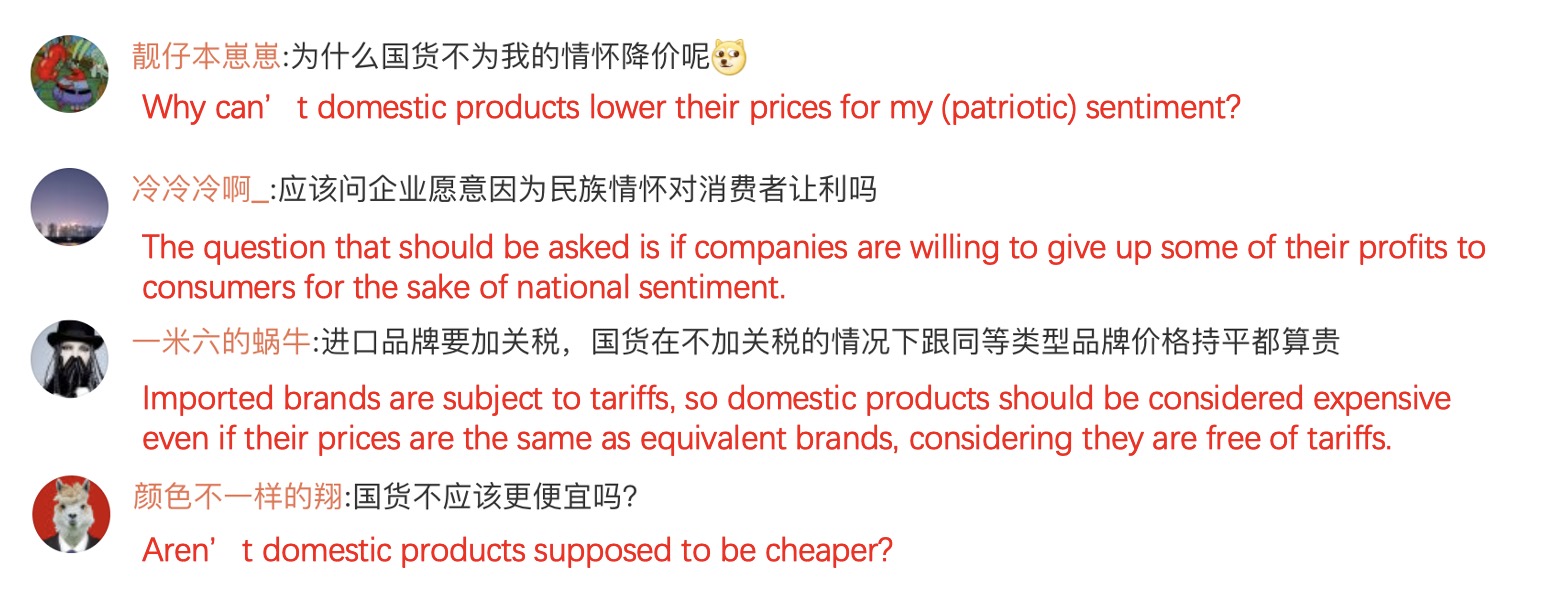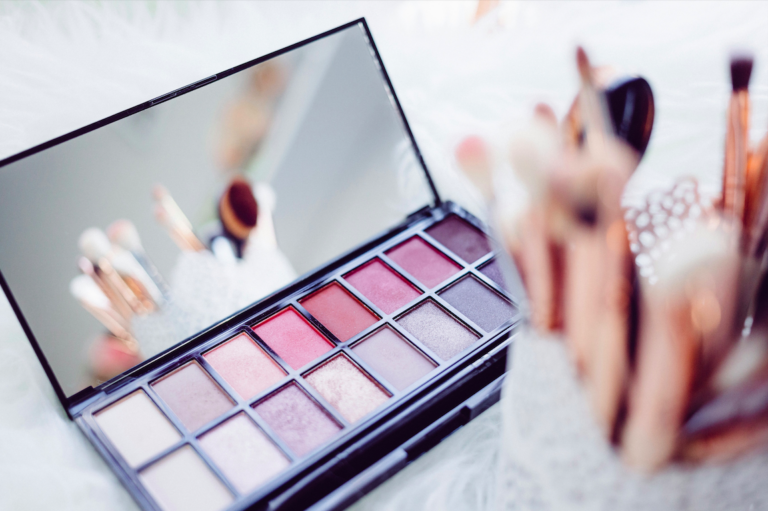On September 10th, during a live-streaming event, China’s top beauty influencer Li Jiaqi promoted a 79 RMB eyebrow pencil by domestic cosmetics brand Florasis (花西子). However, one netizen commented that the product had become more expensive recently. In response to this, Li advised them to reflect on themselves. He further questioned them if their salaries had been raised and if they had worked hard enough over the years. “It has stayed at the same price for years. Don’t make such baseless claims. It’s tough for domestic brands.” Li Jiaqi added.
Download our report on the She Economy in China

Domestic brands dilemma: should consumers bear the burden?
These remarks quickly sparked huge controversies on Chinese social media, with several hashtags relevant to this topping Weibo hot topics. Some netizens criticized Li for failing to promote products from the consumers’ perspective. They also pointed out that he has been out of touch with the common people since his fame. They also reconsidered whether they should bear extra costs because domestic brands were struggling. This sentiment grew stronger after some netizens pointed out that Florasis’ eyebrow pencil actually costs up to 985 RMB per gram, making it more expensive than most brands.
Patriotism vs price: prioritizing affordability over patriotism
According to an ongoing vote under the hashtag #Would you be willing to pay a premium price for the sentiment of supporting domestic products# (你愿意为国货的情怀溢价买单吗). As of September 13th, only 10% of the respondents are inclined to do so. On the other hand, 90% of them care more about the cost-effectiveness of the product regardless of its place of origin.“Why can’t domestic products lower their prices for my (patriotic) sentiment?” a netizen said.

Chinese consumers’ views on paying a premium for domestic products
- Li Jiaqi, a top beauty influencer in China, promoted a domestic cosmetics brand’s eyebrow pencil during a live-streaming event. When a netizen commented on a recent price increase, Li questioned whether consumers had worked hard enough to afford it, sparking controversy.
- This incident raised questions about the dilemma faced by domestic brands: should consumers be expected to bear the burden of higher prices to support them, especially when their financial situations may not allow for it?
- An ongoing social media vote revealed that only 10% of respondents were willing to pay a premium for domestic products due to patriotism, while 90% prioritized product affordability over national sentiment. This highlights the challenge for domestic brands to balance price competitiveness and patriotic appeal in the eyes of consumers.





